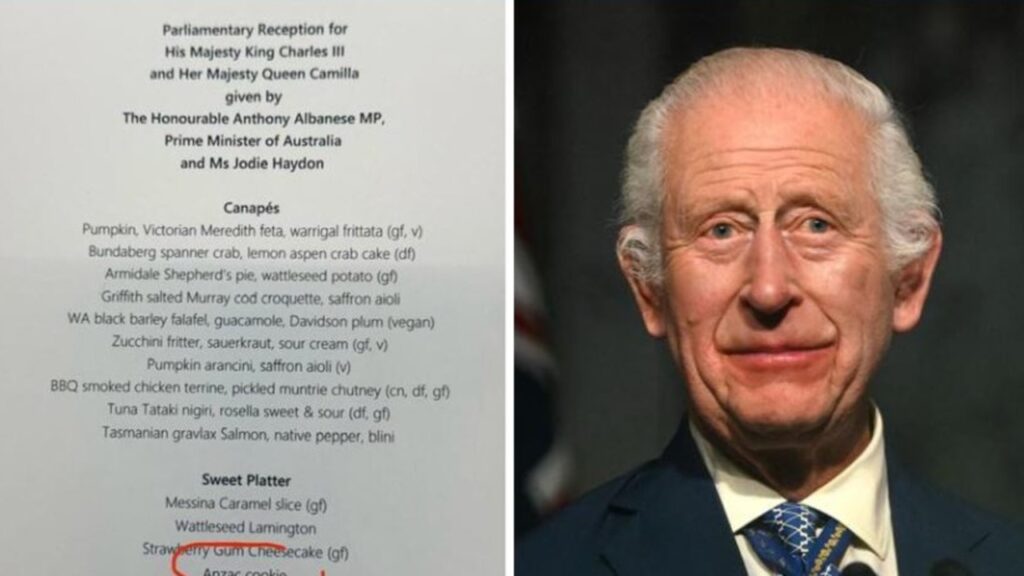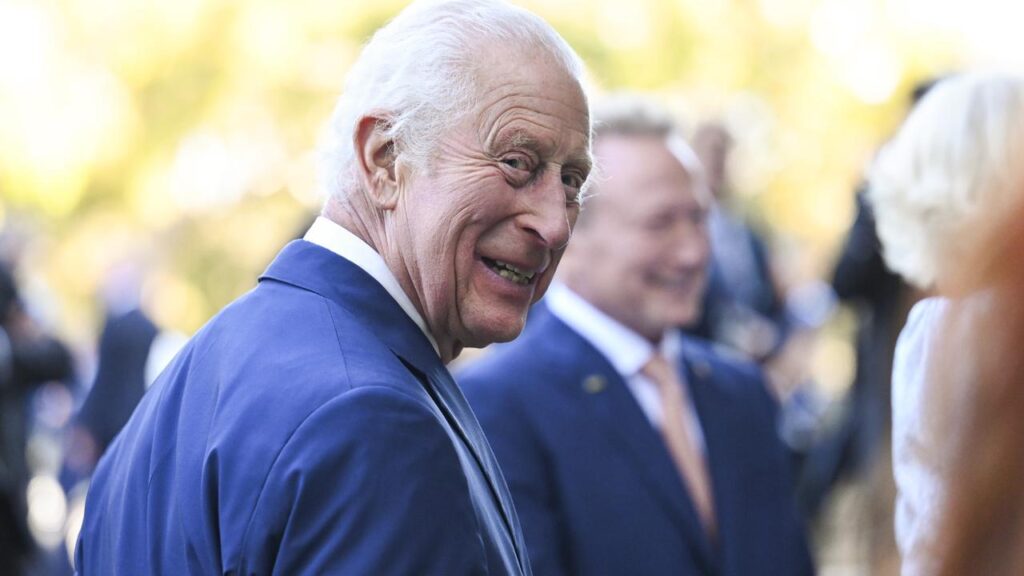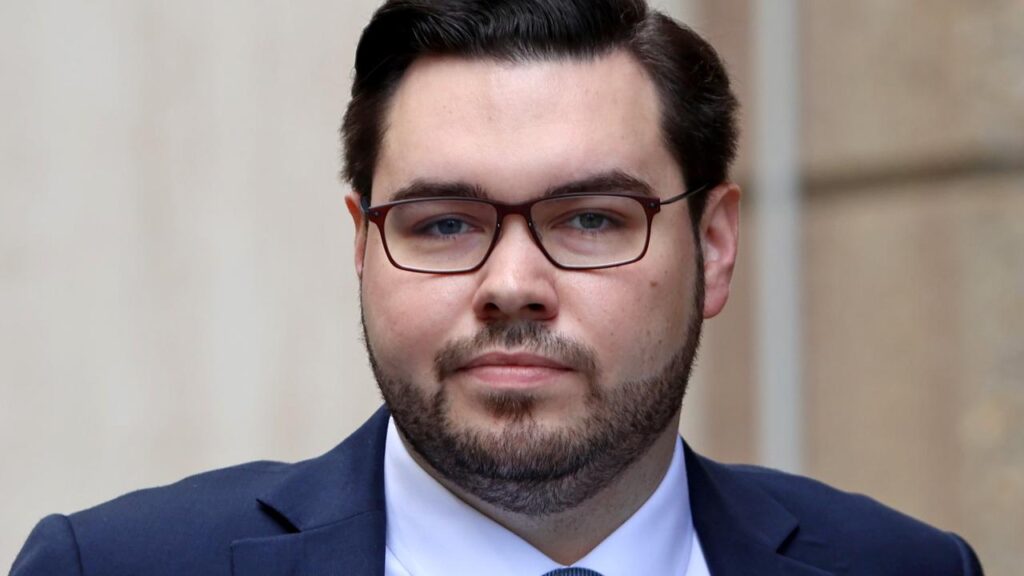Waleed Aly warns Greens rent freeze call poses ‘massive risk’
Written by admin on May 10, 2024
Waleed Aly has taken aim at calls for a rent freeze, warning the policy poses a “massive risk” despite suggestions it could have saved the average renter $3000 if Labor had implemented the proposal two years ago.
The Project host pushed back on the suggestion in a debate with rental advocate Jordan van den Berg, better known online as “Purple Pingers” and founder of the S**t Rentals website, who appeared on Thursday night’s show to react to research from The Greens suggesting Australians could be spared $5.3 billion over the next 12 months if a rent freeze was implemented.
Mr van den Berg said he saw the proposal working “pretty well”.
“It’s pretty simple — give renters a bit of breathing room and let them spend money on something that isn’t an ever-increasing human right,” he said.
“I know people are choosing between medicine or their rent, and you shouldn’t ever have to choose between those two fundamental things that we require to be alive. Or putting food on the table for your family, that kind of stuff. Rent is a massive pressure.”
Aly agreed that rental stress was rising but argued that “the evidence from around the world on rent freezes just isn’t that encouraging”.
“In the US, the result was holiday houses were just left to become uninhabitable as landlords then made insurance claims on damage,” he said.
“There was also an increase in the black market with rent bidding. In the UK they found social segregation, so it just meant landlords gave all the properties to professional families without kids and actually it was the most disadvantaged who missed out. In Berlin there was a huge fall in the rental supply. These are really serious side effects. Isn’t it a massive risk to just take something on like this?”
Mr van den Berg said, “Not really, we’re not comparing like to like. In Australia we have this culture of investing in housing, we’re not comparing the same government subsidies, the same demographic breakdown, the same capital gains tax discounts, the same negative gearing concessions to investing, so in America where those things don’t exist, putting a rent freeze in place we’re not having like-for-like outcomes.”
Aly insisted that “it could even potentially make the problem worse”.
“Wouldn’t that actually exacerbate those effects?” he said, referring to negative outcomes seen in overseas markets.
“At the end of the day, even if you can charge a little bit less for rent you’re going to get a capital gain when you sell the house, that’s just how it’s going to work, so I don’t think it disincentivises people being landlords,” Mr van den Berg said.
“But also we need to consider this isn’t the only answer to the housing crisis, this is a little Band-Aid we can put on a gaping flesh wound, that we need to do with long-term policy solutions. Renters need some immediate assistance right now, then let’s also work on the bigger picture.”
Earlier in the program, Centre for Independent Studies (CIS) economist Peter Tulip rubbished the rent freeze concept.
“The big problem in Australia is we have a shortage of housing,” he said.
“You’re reducing incentives for landlords and for investors. Why would they build more housing if they’re getting a lower return than they can get elsewhere? It’s supply and demand. When you have less supply of housing, prices, in this case rents, increase.”
Renowned conservative economist Thomas Sowell has long argued rent control is bad both for tenants and landlords, exacerbating housing shortages and inequality.
For tenants, rent-controlled properties typically fall into disrepair because “when price controls create a situation where the amount demanded is greater than the amount supplied — a shortage — fear of losing customers is no longer as strong an incentive”.
“The goals of rent control and its actual consequences are at opposite poles,” Sowell wrote for Townhall in 2002.
“What makes all this a complete farce is that the very people who push such notions as rent control and drastic restrictions on building are forever wringing their hands about a need for ‘affordable housing’ and deploring homelessness. Yet the very word ‘builder’ is anathema to such people. But where is any housing to come from if it cannot be built? And who is to build it, if not builders?”
It comes after parliamentary library analysis released by The Greens on Thursday suggested that 2.19 million households could be spared $2424 each over the next year if Labor were to implement a freeze on rent increases in next week’s budget.
Rental inflation was nearly 8 per cent over the last year to March, and the Reserve Bank has predicted that will increase to 10 per cent over the next 12 months.
The Greens say if a rent freeze had been implemented when first called for by the party in 2022, renters across the country would have saved $6.7 billion in rental increases based on the latest available annual inflation data.
Greens housing spokesman Max Chandler Mather said that figure “might not mean much to property investors like the Prime Minister, but for many renters it means food on the table for their kids”.
“Renters have already been smashed but are now facing the worst year of rent increases in living memory unless Labor takes action to freeze and cap rent increases,” he said.
“Labor has already repeatedly kicked renters in the teeth by refusing to do anything to cap rents while dishing out billions of dollars in tax handouts to property investors, so this is their chance to finally stop treating renters like second-class citizens.”
The Greens have proposed the federal government offer the states and territories a share of $2.5 billion every year in exchange for a two-year rent freeze, followed by an ongoing cap of 2 per cent every two years after.
Mr Chandler-Mather said the government needed to take swift action.
“Ultimately, Labor has to make a choice, the seven million renters facing financial misery as a result of unlimited rent increases or property investors who already pocket billions in tax handouts from this Labor government,” he said.
On Wednesday, Treasurer Jim Chalmers said housing would be a “big focus and a big priority” of next week’s budget.
But when asked if the budget would contain more rental assistance, Dr Chalmers wouldn’t be drawn.
“I think people recognise that because of the substantial increase in rent assistance that we budgeted for last year, those rental figures that you cite, they’re still too high, but they are lower than they would have otherwise been had we not stepped in with that rent assistance,” he said.
“And so people know our bona fides here. They know that we’ve been prepared in the past to step in and help renters. We know that renters are under pressure, but I’m not prepared to go further than that today.”
Housing Minister Julie Collins last week said Australia “needs homes of every type”.
More Coverage
“That’s why we need more social homes, more affordable rental homes, more homes to rent and more homes to buy,” she said.
“And that is why we’re working right across the housing system.”
— with NCA NewsWire







